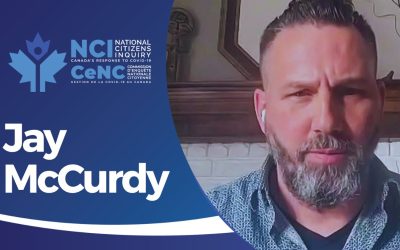All parents want their children to receive a great education. This desire is understandable because a solid education significantly improves a young person’s chances of success in life. In particular, literacy and numeracy have been and still are the foundational skills that will never become obsolete. No one should ever graduate from high school without mastering these basic skills.
There are more than 650,000 K-12 students in Alberta. Most attend public schools or fully funded separate (Roman Catholic) schools, while relatively few, approximately 5 per cent, are enrolled in private schools.1 This means that the vast majority of parents rely on the public education systems, non-denominational and Catholic, to provide their children with the skills and knowledge they will need in the future. Often, things go well and parents are satisfied. Unfortunately, this does not always happen.
Although Alberta’s education system is recognized as one of the best, if not the best, in Canada, its quality should never be taken for granted. In fact, recent test results from the Organisation for Economic Co-operation and Development’s Programme for International Student Assessment show that student achievement in Alberta has declined significantly over the last decade—particularly in mathematics.2
Many Alberta parents are now beginning to worry that schools are using their children as guinea pigs for unproven and ineffective educational strategies. They wonder why their children no longer have spelling tests, learn basic grammar or memorize the times tables. Often, their concerns are dismissed with the claim that “research proves” the effectiveness of a new strategy or initiative, no matter how bizarre it sounds to parents.
To top it off, when parents get their children’s report cards, they find that traditional percentage grades have been replaced with confusing descriptions such as “evident”, “emerging”, or “needs support.” Decoding these words is no easy task, and it makes it that much harder for parents to know how well their children are doing at school. Unfortunately, the concerns of parents are often ignored, and school administrators continue to blindly follow the recommendations of the latest educational gurus.
So what are parents supposed to do? Where can parents go to get information to push back against some of these foolish fads? All too often, parents are on their own when fighting an entrenched ideology supported by a well-established bureaucracy. Sometimes, parents make successful arguments, as recently happened when the Alberta government agreed to implement some of the math curriculum changes requested by Dr. Nhung Tran-Davies and nearly 17,000 people who signed her petition to the Department of Education. Unfortunately, such victories are rare.3
More often, school administrators and teachers know that they only need to wait out the concerned parents who will eventually give up in frustration at the stream of edu-babble thrown their way. Some of these parents will ultimately decide to home-school their children or send them to private schools.
This handbook fills a void by providing parents with answers to some of the common arguments made by proponents of the latest education fads. It translates some of the most commonly used jargon into common English and shows why parents should not be intimidated by the stock phrase “research shows” when school officials spurt it out at them. In fact, parents and other readers may be surprised at just how compelling the research evidence is for the more traditional teaching techniques. It will make them wonder how these unsupported fads keep returning.
Let us begin by looking at the philosophy that underlies some recent education fads.


